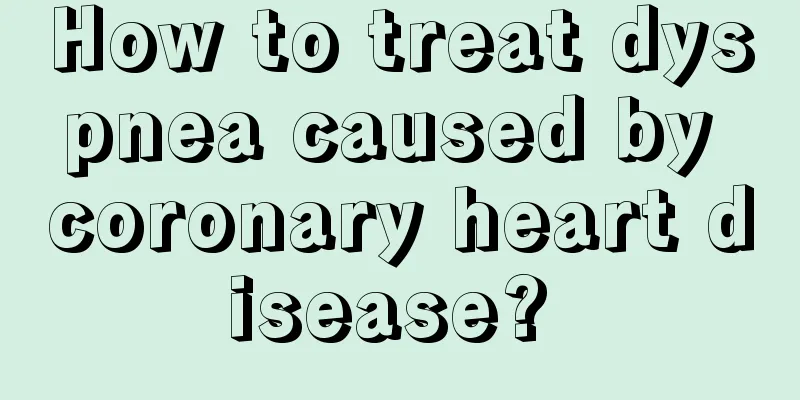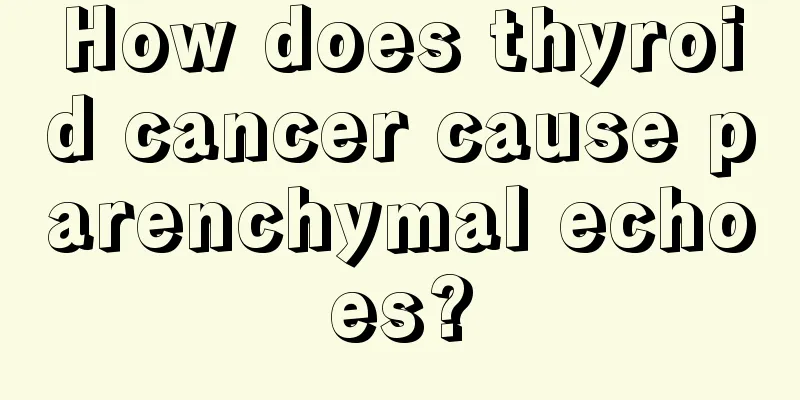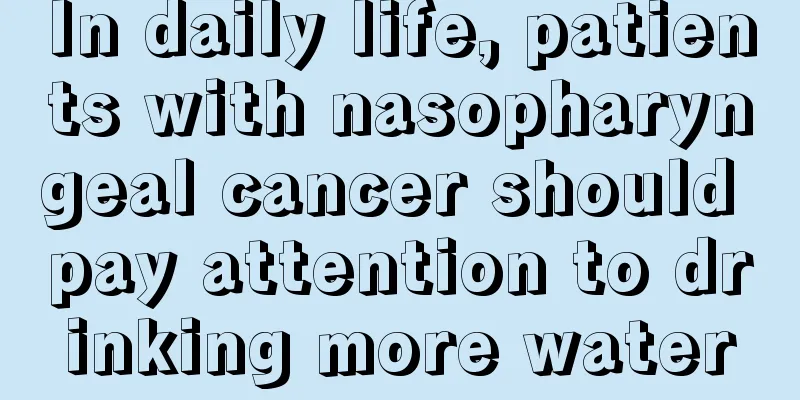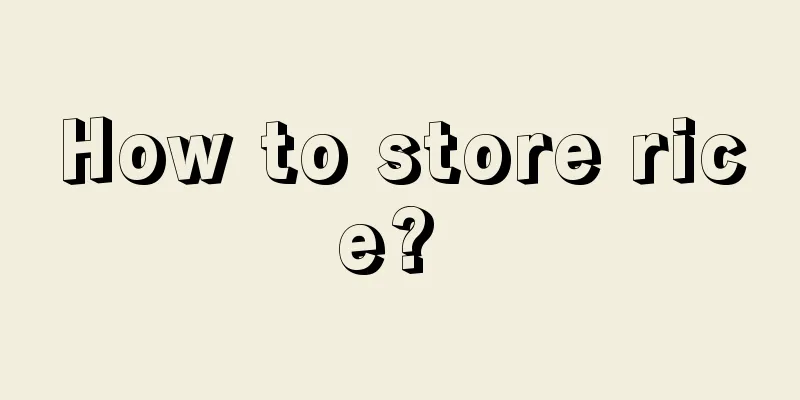How to treat dyspnea caused by coronary heart disease?

|
Coronary heart disease is not a disease, but a general term for a type of heart disease, such as myocardial ischemia, heart disease caused by hypoxia, and coronary atherosclerotic heart disease. The onset of this disease is related to seasonal changes. It occurs when patients are emotionally excited, do physical labor, smoke a lot or drink alcohol. The incidence rate in northern cities is significantly higher than that in southern cities. So, how to treat dyspnea caused by coronary heart disease? 1. Medication The purpose is to relieve symptoms, reduce the incidence of angina pectoris and myocardial infarction, delay the development of coronary atherosclerotic lesions, and reduce deaths from coronary heart disease. Standardized drug therapy can effectively reduce the mortality and occurrence of ischemic events in patients with coronary heart disease and improve patients' clinical symptoms. For some patients with severe vascular disease or even complete blockage, vascular reconstruction therapy can further reduce the mortality rate of patients on the basis of drug treatment. (1) Nitrate drugs: The main drugs in this category are: nitroglycerin, isosorbide dinitrate (nitroglycerin), 5-isosorbide mononitrate, long-acting nitroglycerin preparations (nitroglycerin ointment or adhesive plaster patch), etc. Nitrates are routinely used in patients with stable angina. When angina pectoris occurs, you can take nitroglycerin sublingually or use nitroglycerin aerosol. For patients with acute myocardial infarction and unstable angina, the drug is first administered intravenously, and then switched to oral administration or skin patch after the condition stabilizes and symptoms improve. The drug can be stopped after the pain symptoms completely disappear. Continuous use of nitrate drugs may cause drug resistance and reduce their effectiveness. The drugs can be taken at intervals of 8 to 12 hours to reduce drug resistance. (3) Fibrinolytic drugs Thrombolytic drugs mainly include streptokinase, urokinase, tissue plasminogen activator, etc. They can dissolve the thrombus formed at the occlusion of the coronary artery, open the blood vessels, restore blood flow, and are used in the event of acute myocardial infarction. (4) β-blockers β-receptor blockers can both relieve angina pectoris and prevent arrhythmias. In the absence of obvious contraindications, beta-blockers are the first-line medication for coronary heart disease. Commonly used drugs include metoprolol, atenolol, bisoprolol, and carvedilol and arotinolol (Almar), which also have α-receptor blocking effects. The dosage should be to reduce the heart rate to within the target range. Contraindications and cautions for beta-blockers include asthma, chronic bronchitis and peripheral vascular disease. 2. Percutaneous Coronary Intervention (PCI) Percutaneous transluminal coronary angioplasty (PTCA) uses a specially designed balloon catheter to be delivered to the narrowed coronary artery via a peripheral artery (femoral artery or radial artery). The inflated balloon can expand the narrowed lumen and improve blood flow, and a stent can be placed in the expanded narrow area to prevent restenosis. It can also be combined with thrombus aspiration and rotational atherectomy. It is suitable for patients with stable angina pectoris, unstable angina pectoris and myocardial infarction that are poorly controlled by drugs. Emergency interventional treatment is the first choice in the acute phase of myocardial infarction. Time is very important, the sooner the better. For the same patient, at a certain stage of the disease that can be ideally controlled with medication, it is critical to carry the medication with you. However, the effect of drug treatment alone is often not good, and it is necessary to combine drugs with interventional treatment or surgical procedures for better results. Don't smoke or drink, don't eat too salty or oily food, and exercise properly. |
<<: What are some medicines that improve memory?
>>: Why do men have urgency, frequent urination and inability to urinate completely?
Recommend
What are the symptoms of tonsil stones?
Stone disease is relatively common, and the risk ...
How to keep rice and flour from getting infested with insects in summer
Rice and flour are the main staple foods in our d...
Introduction to the three most common treatments for uterine cancer
Uterine cancer is a completely curable tumor dise...
How to clean soy sauce stains
Soy sauce is a common condiment for us. The use o...
Can vinegar cure pharyngitis
Pharyngitis is a very common disease. Suffering f...
What foods can and cannot be eaten in the early stage of gastric cancer
In the early stages of gastric cancer, people can...
Can I eat peach kernels if I have constipation
Peach kernels have high nutritional value. They a...
How should I relax my facial muscles?
After a whole day of hard work, your face will in...
What does interventional treatment for liver cancer specifically refer to? 7 types of liver cancer patients are suitable for interventional treatment
Interventional treatment of liver cancer is a met...
Does Gorgon Fruit need to be fried
Generally speaking, water chestnuts need to be dr...
How long can you live if prostate cancer recurs
How long can you live with prostate cancer? Nowad...
Is head MRI harmful to the human body?
When symptoms of brain discomfort such as headach...
Can I do the face-lift injection and chin-lift injection together?
Modern people attach great importance to self-ima...
Amoxicillin and clavulanate potassium dry suspension
People probably don't know much about Amoxici...
What is the reason for excessive sweating on the chest
The chest is a part of the body that is more pron...









